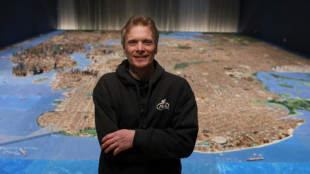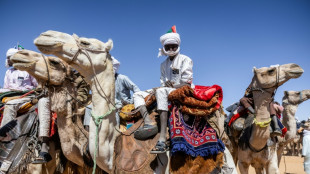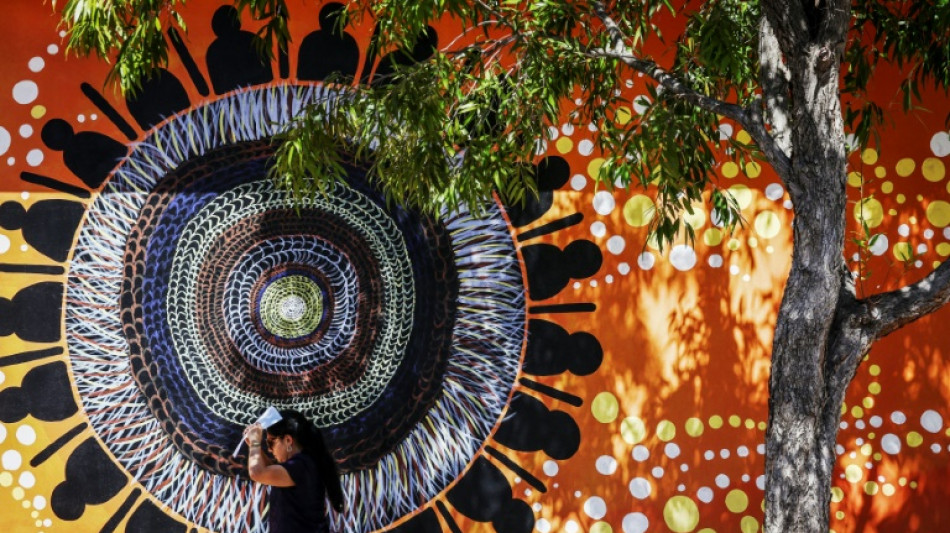
-
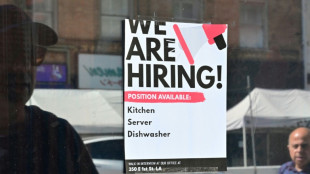 More American women holding multiple jobs as high costs sting
More American women holding multiple jobs as high costs sting
-
Charcoal or solar panels? A tale of two Cubas
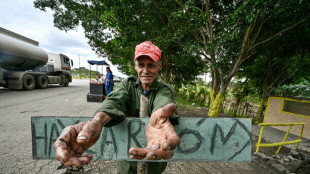
-
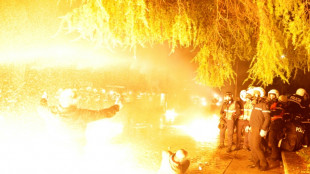 Several wounded in clashes at Albania opposition rally
Several wounded in clashes at Albania opposition rally
-
Chelsea's draw with Leeds 'bitter pill' for Rosenior

-
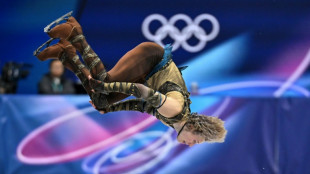 'On autopilot': US skate star Malinin nears more Olympic gold
'On autopilot': US skate star Malinin nears more Olympic gold
-
Carrick frustrated by Man Utd's lack of sharpness in West Ham draw

-
 Frank confident of keeping Spurs job despite Newcastle defeat
Frank confident of keeping Spurs job despite Newcastle defeat
-
James's All-NBA streak ends as Lakers rule superstar out of Spurs clash
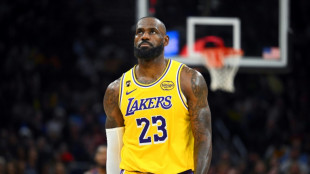
-
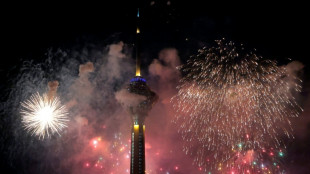 Anti-Khamenei slogans in Tehran on eve of revolution anniversary: social media footage
Anti-Khamenei slogans in Tehran on eve of revolution anniversary: social media footage
-
YouTube says it is not social media in landmark addiction trial

-
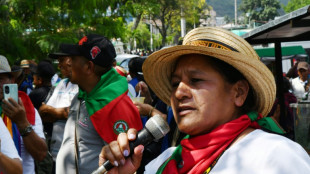 Colombian senator kidnapped, president targeted in election run-up
Colombian senator kidnapped, president targeted in election run-up
-
Britney Spears sells rights to her music catalog: US media
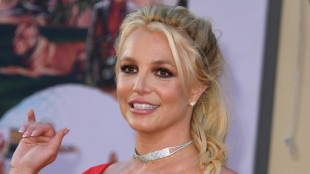
-
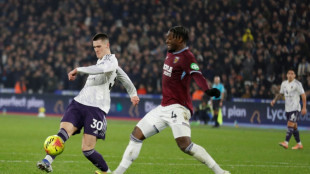 West Ham end Man Utd's winning run, Spurs sink to 16th
West Ham end Man Utd's winning run, Spurs sink to 16th
-
US skate star Malinin leads after short programme in Olympics
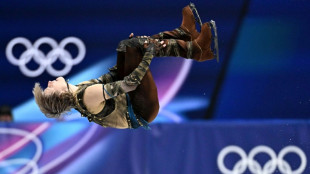
-
 Man Utd's Sesko strikes late to rescue West Ham draw
Man Utd's Sesko strikes late to rescue West Ham draw
-
Shiffrin flops at Winter Olympics as helmet row grows

-
 Celtics' Tatum practices with G League team but injury return uncertain
Celtics' Tatum practices with G League team but injury return uncertain
-
Gisele Pelicot publishes memoirs after rape trial ordeal
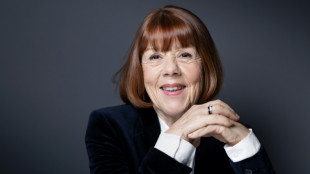
-
 Newcastle beat sorry Spurs to leave Frank on the brink
Newcastle beat sorry Spurs to leave Frank on the brink
-
'Outrage' as LGBTQ Pride flag removed from Stonewall monument
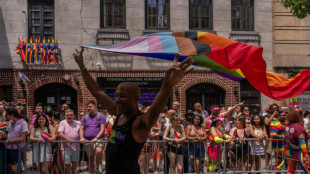
-
 Chappell Roan leaves agency headed by embattled 2028 Olympic chief
Chappell Roan leaves agency headed by embattled 2028 Olympic chief
-
Venezuelan authorities move Machado ally to house arrest
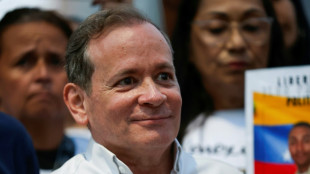
-
 YouTube rejects addiction claims in landmark social media trial
YouTube rejects addiction claims in landmark social media trial
-
Google turns to century-long debt to build AI
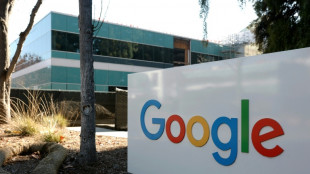
-
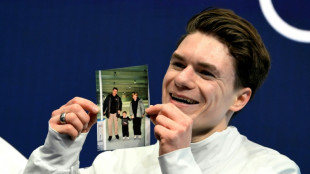 'I felt guided by them': US skater Naumov remembers parents at Olympics
'I felt guided by them': US skater Naumov remembers parents at Olympics
-
Till death do us bark: Brazilian state lets pets be buried with owners
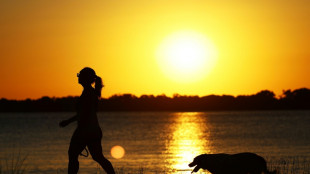
-
 Ukrainian athlete vows to wear banned helmet at Winter Olympics
Ukrainian athlete vows to wear banned helmet at Winter Olympics
-
'Confident' Pakistan ready for India blockbuster after USA win
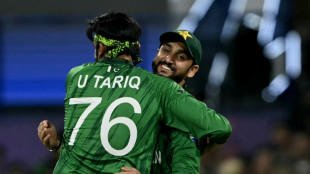
-
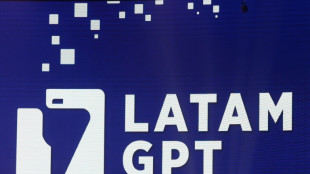 Latam-GPT: a Latin American AI to combat US-centric bias
Latam-GPT: a Latin American AI to combat US-centric bias
-
Gauff dumped out of Qatar Open, Swiatek, Rybakina through
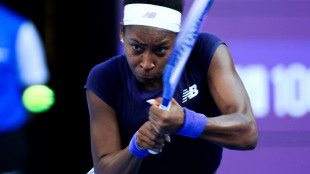
-
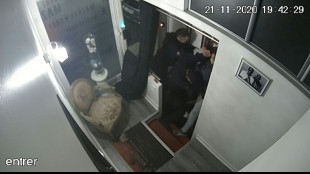 Paris officers accused of beating black producer to stand trial in November
Paris officers accused of beating black producer to stand trial in November
-
Istanbul bars rock bands accused of 'satanism'
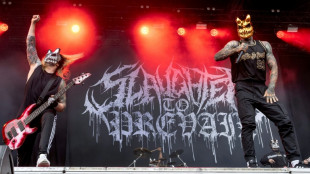
-
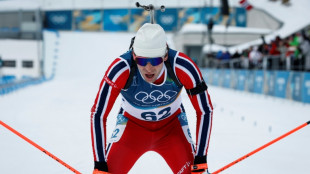 Olympic bronze medal biathlete confesses affair on live TV
Olympic bronze medal biathlete confesses affair on live TV
-
US commerce chief admits Epstein Island lunch but denies closer ties
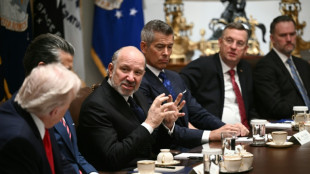
-
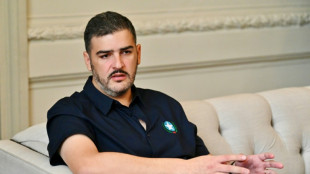 Mayor of Ecuador's biggest city arrested for money laundering
Mayor of Ecuador's biggest city arrested for money laundering
-
Farhan, spinners lead Pakistan to easy USA win in T20 World Cup

-
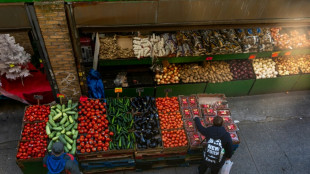 Stocks mixed as muted US retail sales spur caution
Stocks mixed as muted US retail sales spur caution
-
Macron wants more EU joint borrowing: Could it happen?
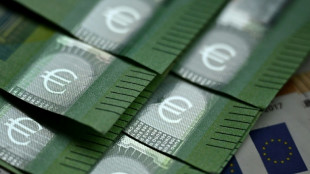
-
 Shiffrin flops at Winter Olympics as helmet row simmers
Shiffrin flops at Winter Olympics as helmet row simmers
-
No excuses for Shiffrin after Olympic team combined flop

-
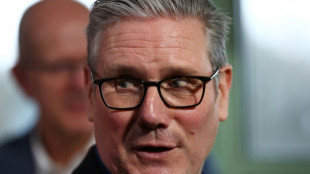 Starmer says UK govt 'united', pressing on amid Epstein fallout
Starmer says UK govt 'united', pressing on amid Epstein fallout
-
Pool on wheels brings swim lessons to rural France
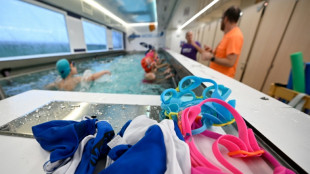
-
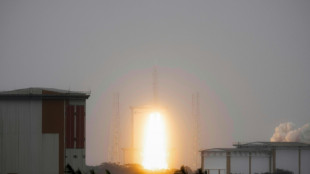 Europe's Ariane 6 to launch Amazon constellation satellites into orbit
Europe's Ariane 6 to launch Amazon constellation satellites into orbit
-
Could the digital euro get a green light in 2026?
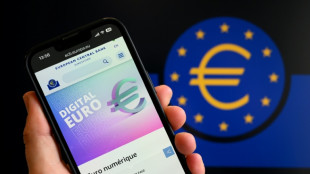
-
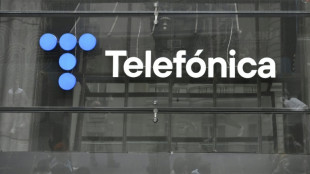 Spain's Telefonica sells Chile unit in Latin America pullout
Spain's Telefonica sells Chile unit in Latin America pullout
-
'We've lost everything': Colombia floods kill 22
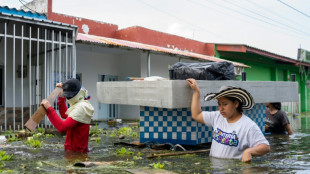
-
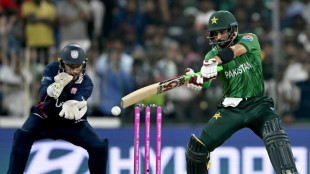 Farhan propels Pakistan to 190-9 against USA in T20 World Cup
Farhan propels Pakistan to 190-9 against USA in T20 World Cup
-
US to scrap cornerstone of climate regulation this week
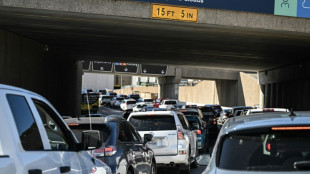
-
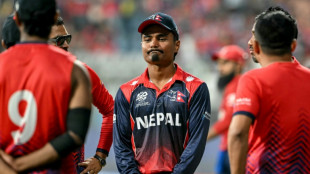 Nepal call for India, England, Australia to play in Kathmandu
Nepal call for India, England, Australia to play in Kathmandu
-
Stocks rise but lacklustre US retail sales spur caution
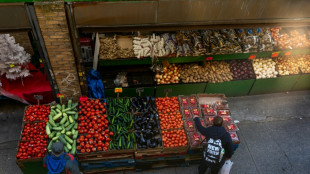

Misinformation mires Australia's Indigenous rights referendum
Holed up in a makeshift studio in Sydney's Russian consulate, a pro-Putin activist on the run from Australian police is using the country's upcoming Indigenous rights referendum to push the Kremlin's agenda.
Simeon Boikov, 33, spends a chunk of his time perched in front of a printed bookshelf backdrop, weaving anti-Western rhetoric with conspiracy theories in regular video broadcasts.
The self-styled "Aussie Cossack" makes no secret of his loyalties: a Russian military symbol is pinned to his lapel.
He's not especially popular, garnering a few thousand views for most posts.
And, as someone convicted in absentia of assaulting a 76-year-old man at a protest, he is perhaps not the most compelling voice in any debate.
But experts describe Boikov as part of a potent ecosystem of "micro-influencers" that, collectively, have had a substantive impact on a referendum debate that will shape Australia's political future.
On Saturday almost 18 million Australians will decide whether to recognise Indigenous Australians in the constitution for the first time, and whether to create a permanent Indigenous consultative body.
'Yes' supporters believe the reform would help make amends for Australia's often brutal history of colonisation and race-based repression -- what many consider their nation's original sin.
But the referendum debate has been awash with misinformation, according to research by Queensland University of Technology's associate professor in digital media Timothy Graham.
After examining thousands of tweets on X, formally Twitter, Graham found that the vote's opponents often pushed misinformation designed to stir voter fears about what the proposed advisory body would do.
"People are fearful online –- they are worried and afraid of what will happen if the referendum is successful, based on misinformation they've seen," he told AFP.
Throughout the campaign, AFP has debunked numerous falsehoods, from claims the intended Indigenous advisory body would see landowners stripped of their properties to conspiracy theories decrying the vote as a United Nations plot to turn Australia into a totalitarian republic.
With a few days left in campaigning, the polls show the 'no' campaign with an almost unassailable lead.
- 'Disinformation and propaganda' -
If Australians vote 'no', it will not be because of Boikov.
But that does not mean he and others spreading misinformation don't have an impact.
Boikov can reach niche audiences, Sydney University researcher Olga Boichak told AFP.
And together, multiple niche audiences can form something like a coalition.
Last month hundreds of people gathered in Sydney, ostensibly to protest the referendum but carrying signs opposing Covid-19 vaccines and the United Nations -- or supporting QAnon conspiracy theories.
Boikov appeared to be a major driver of the protest.
He and similar actors can become a "catalyst" between groups that feel disenfranchised, according to Boichak.
Seen in this light, the Kremlin's interest in the referendum is obvious, researcher Boichak said. "It is in Russia's interest to make Australia a less democratic country."
And with this loose coalition it becomes "very easy to recruit certain populations into the Russian sphere of influence", she said.
Despite his temporary accommodation, Boikov downplayed his links to Moscow in a video call with AFP.
"The Voice (referendum) has nothing to do with Russia," he said. "This is all purely my personal initiative, there is no link between what I do, what I broadcast and the Kremlin."
Boikov regularly rails against Australian and US support for Ukrainian forces fighting against Russia.
Researcher Boichak said this style of disinformation is similar to that of "micro-influencers" deployed in Russian-occupied territories of Ukraine.
Sometimes, political micro-influencers may not even be aware they are part of a broader strategy, she said.
A.AbuSaada--SF-PST

